Canna Therapy: Topical VS Transdermal CBD products
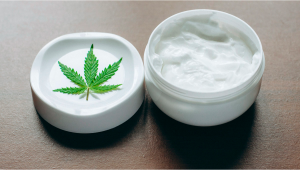
- 1. What are cannabis topicals?
- 2. What are cannabis transdermals?
- 3. How topical vs transdermals work
- 4. Drug tests: topicals vs transdermals
- 5. What is bioavailability and the difference between both methods
- 6. Pricing and other considerations about topicals vs transdermals
- 7. How to differentiate topicals from transdermals in stores
- 8. Topicals vs transdermals: which one should you try?
- 9. The bottom line
As cannabis makes its way forward in humanity, breaking the barriers that were once created concerning its use, new uses and products are coming to the surface.
Not every method of marijuana consumption provides the same benefits, therefore it's important to understand first, what effects and benefit we're looking for and second, how we can benefit from each form of intake.
For example, the effects will vary whether you vaporize, smoke, or take edibles. Likewise, when it comes to lotions, topicals and transdermal CBD products also vary in their activity on the body. But, what exactly is the difference between topicals and transdermals?
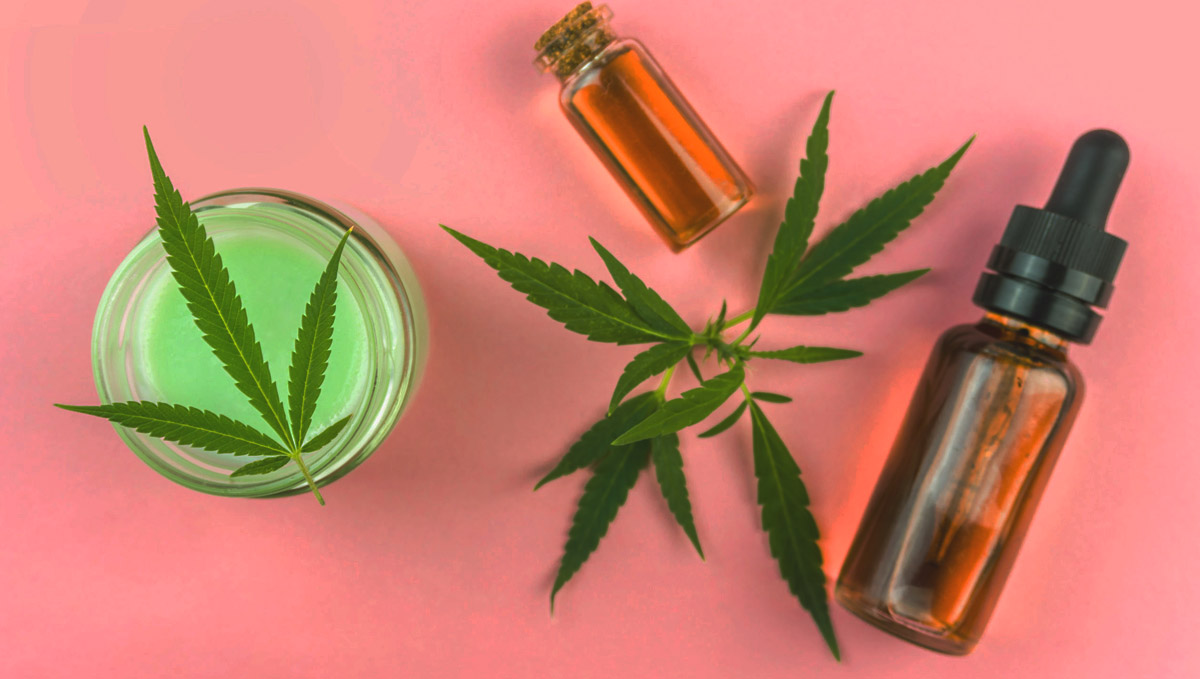
1. What Are Cannabis Topicals?
Most part of today's market concerning cannabis products is made of topicals. The products that fit into the CBD topicals category are lotions, creams, salves, and balms.
These cannabis-based topicals are applied to the skin and their action takes place there, generally on the top layer of our skin, the epidermis, and the surrounding area. This means that topical cannabis products aren't absorbed through the bloodstream, given they don't penetrate through the skin.
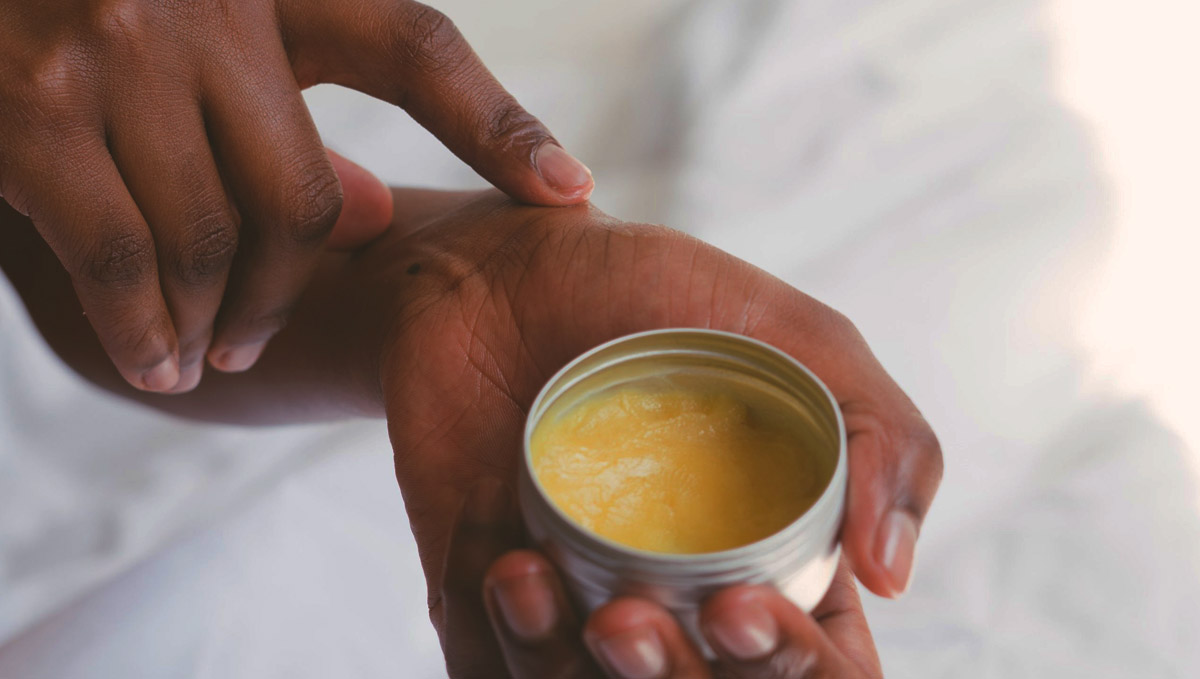
If we talked about cannabis products that do penetrate the skin then we'd be referring to transdermals.
2. What Are Cannabis Transdermals?
Unlike CBD topicals, cannabis transdermals are likewise applied to the skin although they are absorbed deeply by the body, penetrating into the skin, through the epidermis and into the dermis (the second layer of the skin) which has blood vessels, therefore some of the CBD actually enters into the bloodstream.
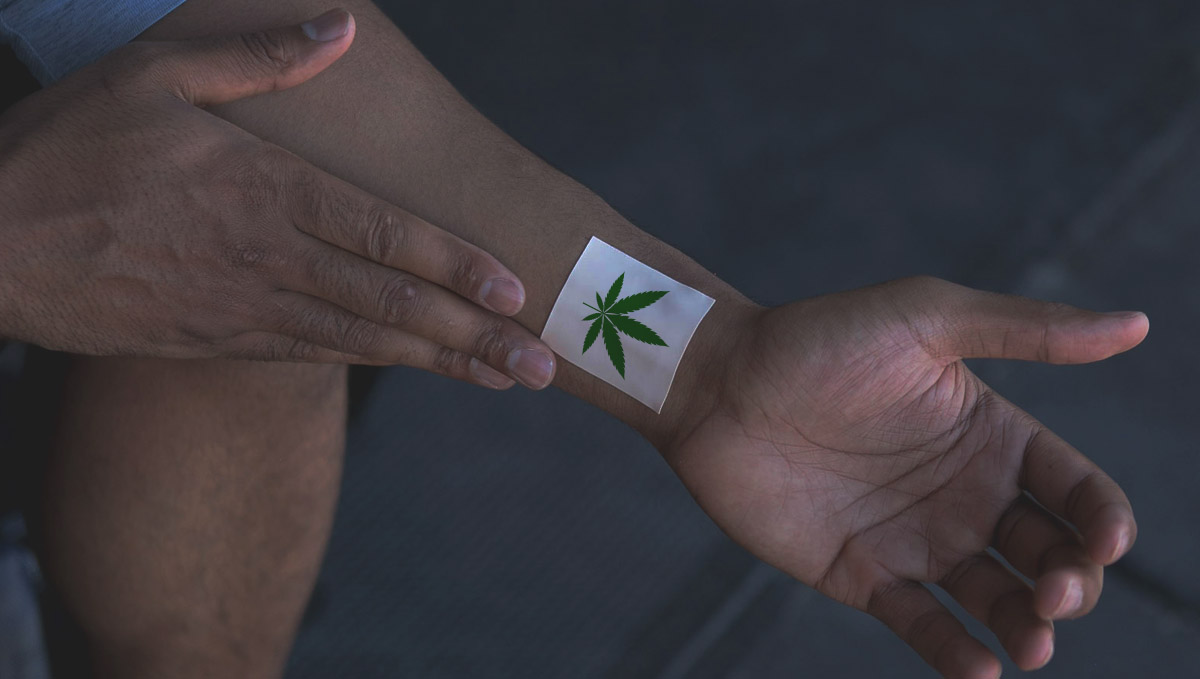
Given transdermals do enter through the bloodstream, their effects affect the body on a higher scale, even reaching muscle tissues. Contrary to CBD topicals, which provide only localized effects, CBD transdermals travel throughout our entire system.
3. How Topical Vs Transdermals Work
Just like with any method of cannabis consumption, the responsible for processing its compounds is the endocannabinoid system and its CB1 and CB2 receptors.
With topicals, on one hand, they are absorbed through the CB1 and CB2 receptors present on our skin. However, keep in mind that CBD topicals, as the name suggests, work on the specific place where they've been applied. If you have knee pain, then that's where you should be applying your CBD topical lotion.
Transdermals, on the other hand, do enter the bloodstream, providing us a more overall effect. While CBD transdermals can be found as creams or balms, they can also come in patches forms, just like nicotine patches for example, which are stuck on any spot of the body but provide full-body benefits for prolonged periods of time.
For CBD transdermal patches you should place them ideally on venous areas, such as the wrists for better absorption.
4. Drug Tests: Topicals Vs Transdermals
When it comes to drug tests, given CBD topicals aren't absorbed into the bloodstream, most likely the results will be negative when you're using topicals. This is also why you could also be using topicals high on THC content and still not experience any psychoactive effects.
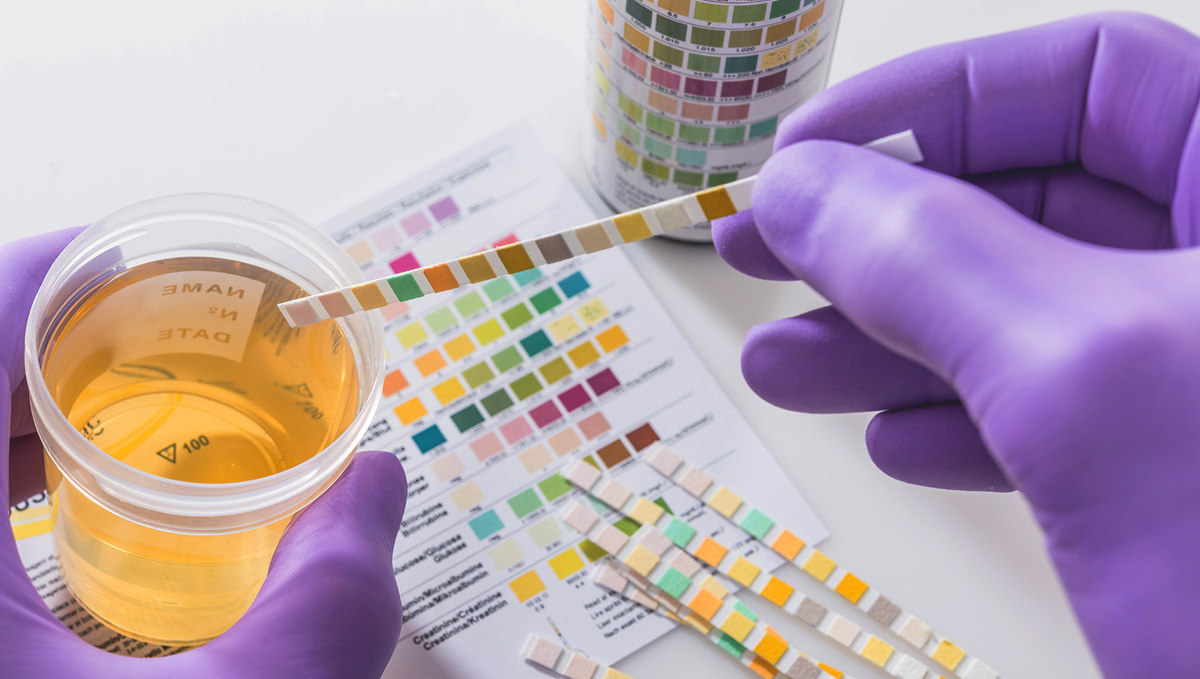
As expected, given marijuana-based transdermals do travel through the skin into our bloodstream, the chances of getting positive drug test results are in fact plausible.
And if you'd rather dodge feeling high after you've applied your transdermal, definitely make sure that the product you are buying is low on THC levels and high on CBD.
5. What Is Bioavailability And The Difference Between Both Methods
In pharmacology, the term bioavailability refers to a subcategory of absorption. Bioavailability is the total percentage of which an administered drug reaches our body's system circulation. The highest level of bioavailability, of 100%, is usually achieved by intravenous administration. 1
When it comes to CBD topicals and transdermals, the latter reasonably takes the win. Since transdermal CBD products do enter the skin, their bioavailability is accordingly higher. Some research still needs to be done on the exact percentage of transdermals' bioavailability, but they are thought to reach up to 70%.2
Let's see each method of cannabis administration's bioavailability.
| Method of cannabis administration | Bioavailability |
|---|---|
| Inhaling cannabis (smoking or vaping) | From 30 to 60% |
| Transdermal or nasal CBD or THC | Up to 70% |
| Sublingual forms of cannabis | From 10 to 20% |
| Topical lotions, creams and balms | Yet to be quantified but low. |
| Oral forms (edibles and oil) | From 5 to 20% |
In conclusion, the method of cannabis intake that has the biggest bioavailability properties is inhalation, by vaporizing or smoking.
6. Pricing And Other Considerations About Topicals Vs Transdermals
When it comes to the prices of these CBD-based products, it makes sense to conclude that CBD topicals will more likely be cheaper than transdermals.
This is because the elaboration process for transdermals is more complicated than topicals, it involves special emulsifiers and chemical compounds to make a CBD transdermal.
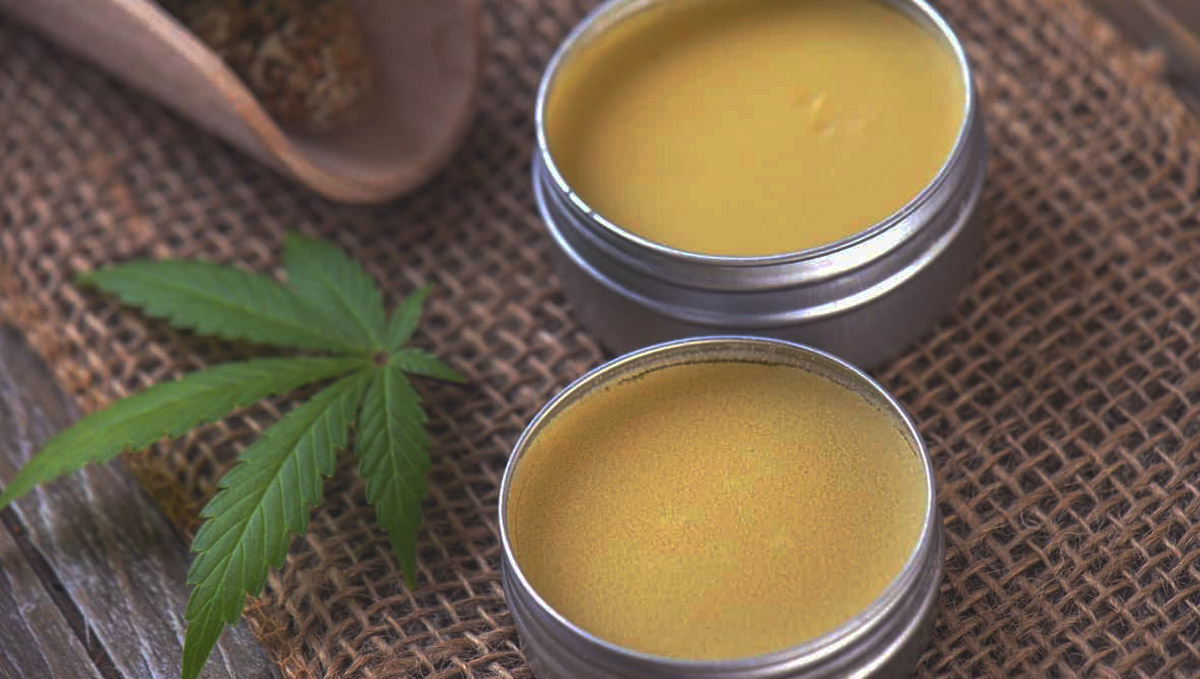
Topicals, on the other hand, can be easily made at home by yourself combining easy to find ingredients you can purchase at the nearest supermarket. Besides you can add up your favorite herbs and make your own specialized recipe.
7. How To Differentiate Topicals From Transdermals In Stores
Staring off by the fact that most of the products available on the market are most likely topicals, make sure to pay special attention to what you're buying before you swipe your card.
To tell the difference between CBD topicals and transdermals, read the labeling thoroughly, chances are that if it is a transdermal it should be written somewhere on the product's packaging. Since transdermals are kind of more luxurious, the manufacturing company should be and probably is smart enough to advertise it on the product's label.
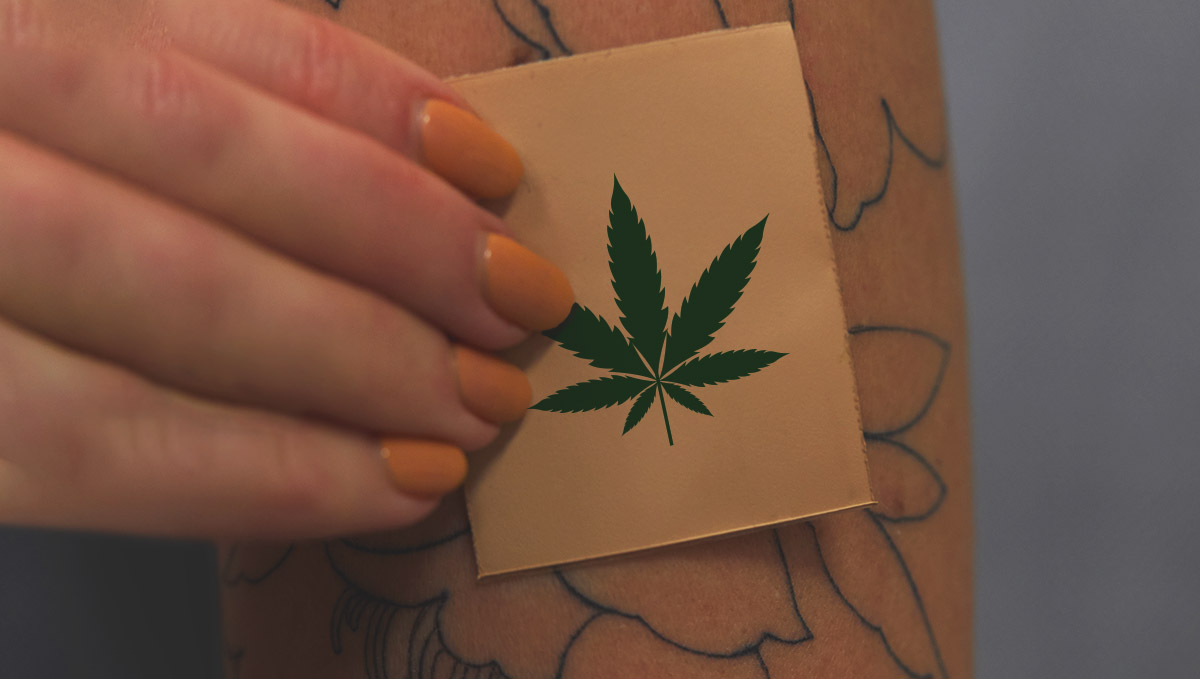
This means that if you're not quite sure if the CBD lotion you're checking is transdermal or not, the answer is most likely no, it's just another topical. Anyway, ask the store's representative for help if you're not sure, or contact the company for more information if you find yourself shopping online.
You can also tell if you've grabbed a CBD topical or transdermal by checking the back labels. First, looking at the instructions, if they indicate you should apply it on veiny areas, transdermal alert! Or if you find permeability enhancers or emulsifiers in the ingredients list, most likely it's a CBD transdermal as well.
Lastly, prices are the best indicators. Since transdermals are harder to elaborate, as we've mentioned above, CBD transdermals will probably carry higher numbers on their tags.
8. Topicals Vs Transdermals: Which One Should You Try?
So now that we're aware of the differences between CBD it's time to analyze which one suits you best.
To begin with, those who are looking for the strongest effects possible should definitely opt for CBD transdermals. Since these do enter the bloodstream, consider the drug testing aspect as well.
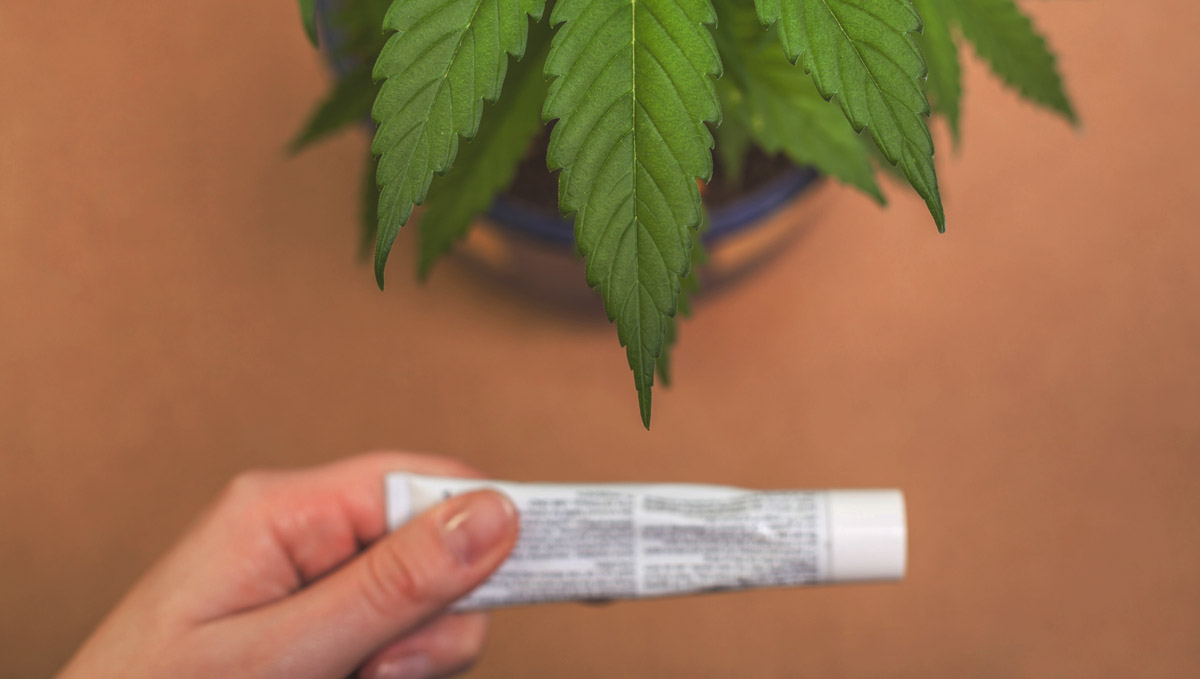
Are you worry-free concerning drug tests? Meaning, will no one come asking for random testing? Then feel free to try either transdermals or topicals. If this isn't the case, then definitely skip transdermals or you'll find yourself trying to convince third parties that you were just using CBD based creams.
Besides, keep in mind that since transdermals do enter the bloodstream, if the one you choose has any significant THC amounts, you'll be left feeling the high effects commonly found in cannabis.
Extra AdviceBe careful to check the THC percentage of the products you buy or you might find yourself tripping on the least ideal situations.
Now, time to take a look at your financial status. How much are you willing to spend? If you can allow yourself bigger expenses, then trying transdermals is definitely not a bad idea. When things are running a bit tight then don't worry, CBD topicals can still aid with their spot-on benefits.
9. The Bottom Line
When it comes to the different varieties of cannabis and its methods of consumption the key is informing yourself.
What exactly are you looking for? Each product made from marijuana will provide different effects, and given every cannabis strain has its own configuration of compounds, it's also important to take the strains into consideration.
If you find it too overwhelming to find what's the best product for you, don't hesitate to ask those who are more deeply immersed in the subject. Trying out different things until you find the answer is also a great idea.
EXTERNAL REFERENCES
- "Drug Bioavailability" Gary Price and Deven A. Patel. October 2020.
- "Cannabinoid Delivery Systems for Pain and Inflammation Treatment" Natascia Bruni, Carlo Della Pepa, Simonetta Oliaro-Bosso, Enrica Pessione, Daniela Gastaldi, and Franco Dosio. Molecules, September 2018.









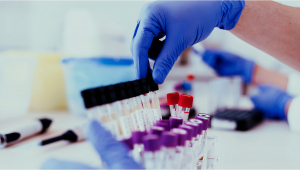


Comments